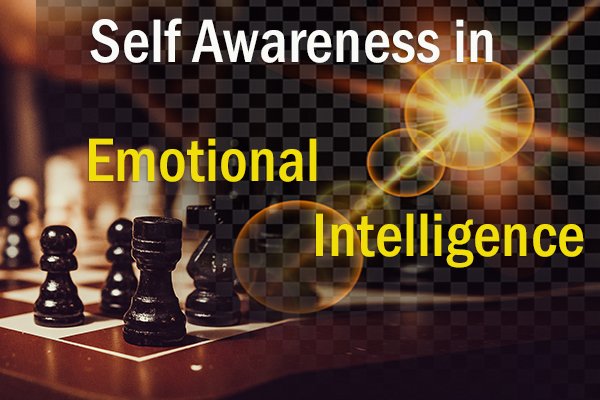Renew your life Today
In the dynamic landscape of human psychology, the intersection of self-awareness and emotional intelligence becomes a profound terrain to explore. The ancient practice of meditation acts as a guiding compass, unveiling the transformative power of enhanced self-awareness within the realm of emotional intelligence. Join us on a reflective journey as we delve into the psychology of self-awareness, weaving the threads of meditation into the fabric of emotional intelligence
Understanding Self-Awareness in Emotional Intelligence
Emotional intelligence, a key aspect of psychological well-being, involves the ability to recognize, understand, and manage one’s own emotions, as well as navigate the emotions of others. At its core lies self-awareness—an individual’s capacity to tune into their own emotional states with clarity and consciousness. In the field of psychology, this self-awareness forms the cornerstone of emotional intelligence, influencing various aspects of personal and interpersonal dynamics.
Meditation serves as an invaluable tool in the cultivation of self-awareness within the framework of emotional intelligence. By anchoring oneself in the present moment through mindful breathing, individuals not only gain a heightened awareness of their emotions but also develop the capacity to respond thoughtfully rather than react impulsively. This merging of the present moment with emotional understanding forms the nexus where self-awareness and emotional intelligence converge.
Observing Without Judgment – The Non-Reactive Mind in Emotional Intelligence
The art of non-reactive awareness, nurtured through meditation, becomes a psychological linchpin in the landscape of emotional intelligence. In the practice of mindfulness, individuals learn to observe their thoughts and emotions without passing judgment—an essential skill in understanding and managing one’s emotional responses. This non-reactive mind is a crucial element in the psychological toolkit that emotional intelligence offers, allowing individuals to navigate complex emotional landscapes with grace and insight.
Through meditation, individuals gain access to the psychological realm of thought patterns, shedding light on ingrained habits and beliefs. In the context of emotional intelligence, recognizing these patterns is akin to understanding the scripts that run in the background of one’s mind. By bringing these patterns into the light of awareness, individuals harness the power to reshape psychological scripts that may be influencing emotional responses.
Emotional Landscape – Navigating Feelings with Psychological Resilience
In the psychology of emotional intelligence, the ability to navigate one’s emotional landscape with clarity and resilience is paramount. Meditation becomes a psychological anchor, fostering heightened sensitivity to emotions. This emotional literacy, cultivated through mindfulness, empowers individuals to respond with psychological resilience rather than react impulsively to the ebb and flow of feelings.
Meditation extends into the psychophysiological domain, emphasizing the intricate connection between the mind and body. This awareness of bodily sensations, a psychological aspect of meditation, becomes a mirror reflecting the psychophysiological interplay of emotions. In the realm of emotional intelligence, understanding this connection provides a psychological foundation for managing stress, anxiety, and other emotional responses.
Introspective Inquiry – Psychological Reflections Guided by Emotional Intelligence
Psychological introspective inquiry, facilitated by meditation, becomes a powerful catalyst for enhancing emotional intelligence. Asking important questions about one’s values, aspirations, and fears prompts psychological reflections. In the realm of emotional intelligence, this introspection acts as a psychological mirror, revealing the intricacies of one’s emotional landscape and providing a psychological roadmap for personal growth.
The psychological journey of enhanced self-awareness doesn’t conclude on the meditation cushion. Integrating this psychological awareness into daily life is a vital aspect of emotional intelligence. In workplaces, relationships, and routine tasks, practicing psychological mindfulness allows individuals to carry the insights gained through meditation into the fabric of their everyday psychological existence.
Conclusion: The Psychological Tapestry of Emotional Intelligence
In the psychological tapestry of emotional intelligence, self-awareness emerges as a luminous thread woven through the fabric of mindfulness and meditation. The intricate dance between the psychology of the present moment, non-reactive awareness, thought patterns, emotional landscapes, and the mind-body connection forms a harmonious symphony that resonates within the field of psychology. As individuals embark on the psychological exploration of enhanced self-awareness through meditation, may the mirror within illuminate the psychological depths of emotional intelligence, offering profound insights into the intricate workings of the human psyche.


